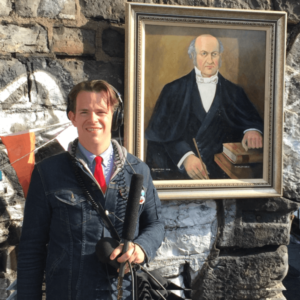We Need More Mathematical Stories
Mathematics has a problem. People just do not seem to like it. They really don’t. Even worse people do not see themselves within mathematics. In fact, most people are never given the chance.
We believe we know the answer to this: TELL MORE MATHEMATICAL STORIES. Stories have been shown to be one of the most powerful ways to connect and create a sense of belonging in people, so mathematical stories will help people connect to mathematics and feel a sense of belonging in the field.
We need to hear stories about the history of mathematics from high schoolers, the story of why the private sector mathematician left academia, and all the funny stories about the famous mathematician from their collaborators. We need to hear stories about the great work done by Black mathematicians, women mathematicians, Indigenous mathematicians, Latine mathematicians, South Asian mathematicians, queer mathematicians, immigrant mathematicians, and all of the other possible positionalities, races, ethnicities, origins, and intersections that exist. We need to reach the the day when everyone can find a mathematical story where they recognize themselves and a storyteller with whom they identify. A day when everyone can see themselves within mathematics. But, in order to do this, we NEED MORE MATHEMATICAL STORYTELLERS.
A Next Generation Solution
Part 1: The Retreat
An intensive series of interactive workshops and community building for burgeoning mathematical storytellers
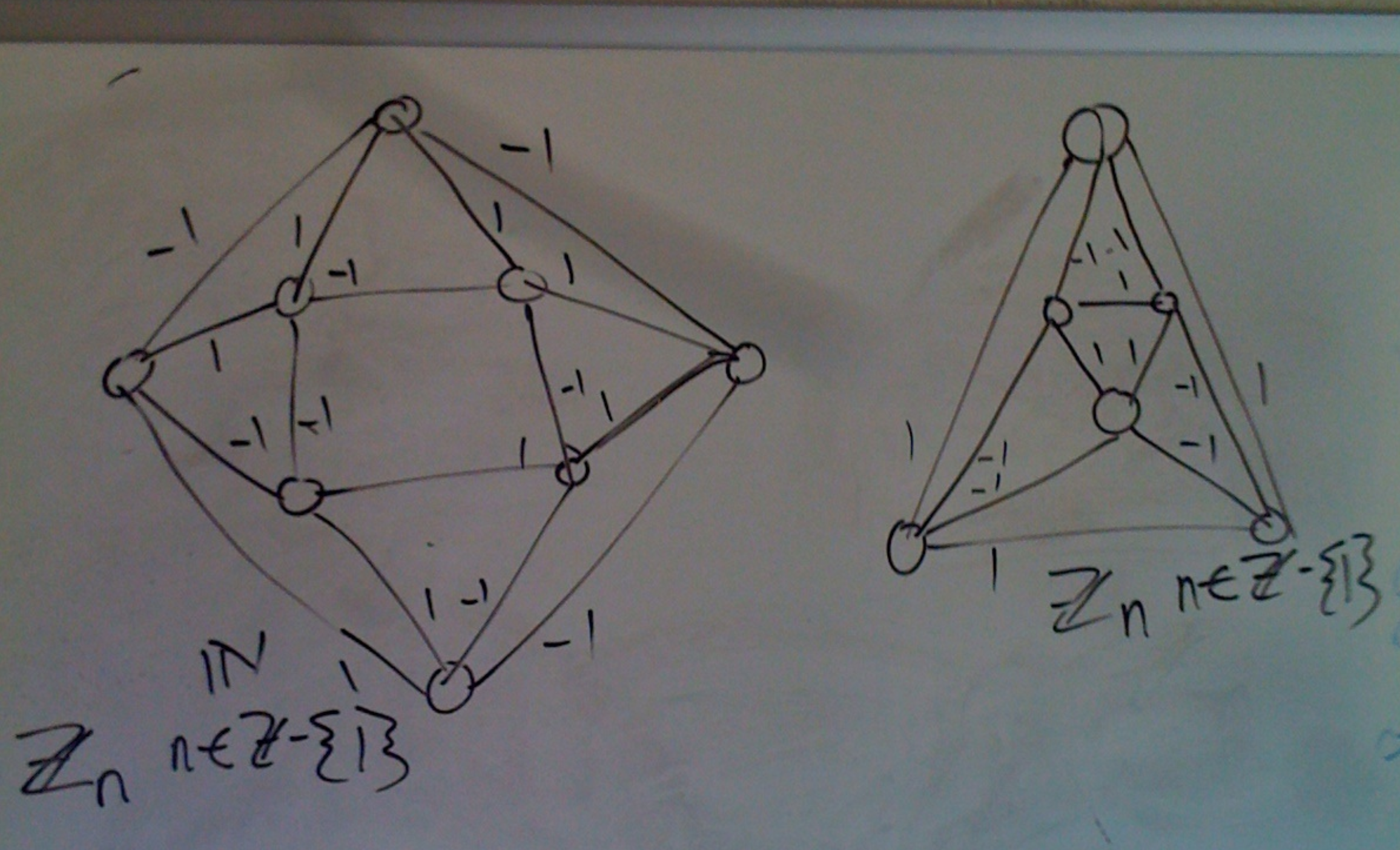
Mathematical Communication
Talking well about mathematics takes a lot of practice and after these interactive sessions on mathematical metaphors, understanding their audience, and good mathematical memories the participants will have had a lot of it.
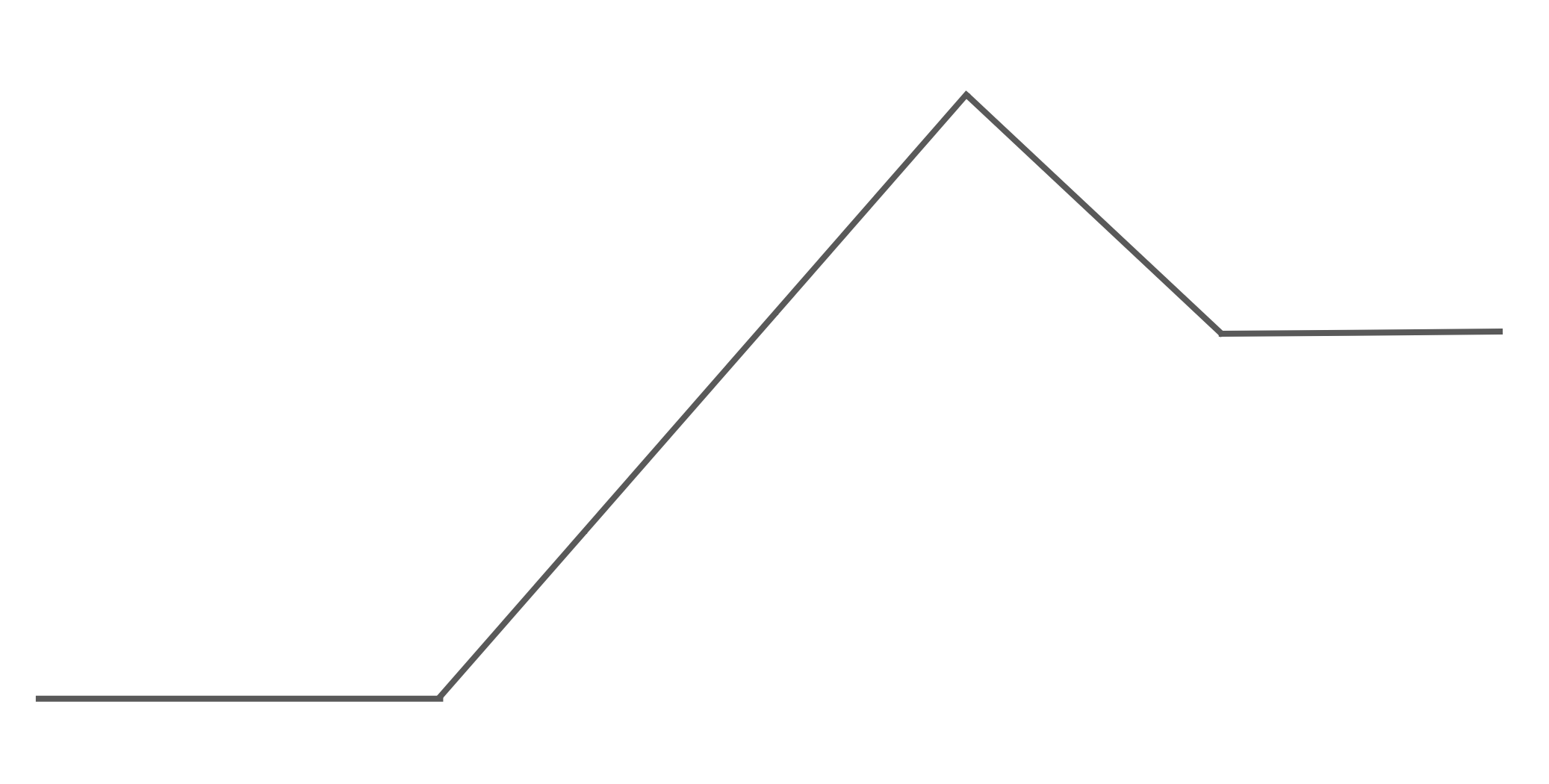
Storytelling & Narrative
While Freytag's Pyramid and the Fichtean Curve may not be in a mathematician's normal vocabulary, through these workshops the participants will come to know them and many other narrative structures like the backs of their hands and will learn to identify which ones will best fit their stories.
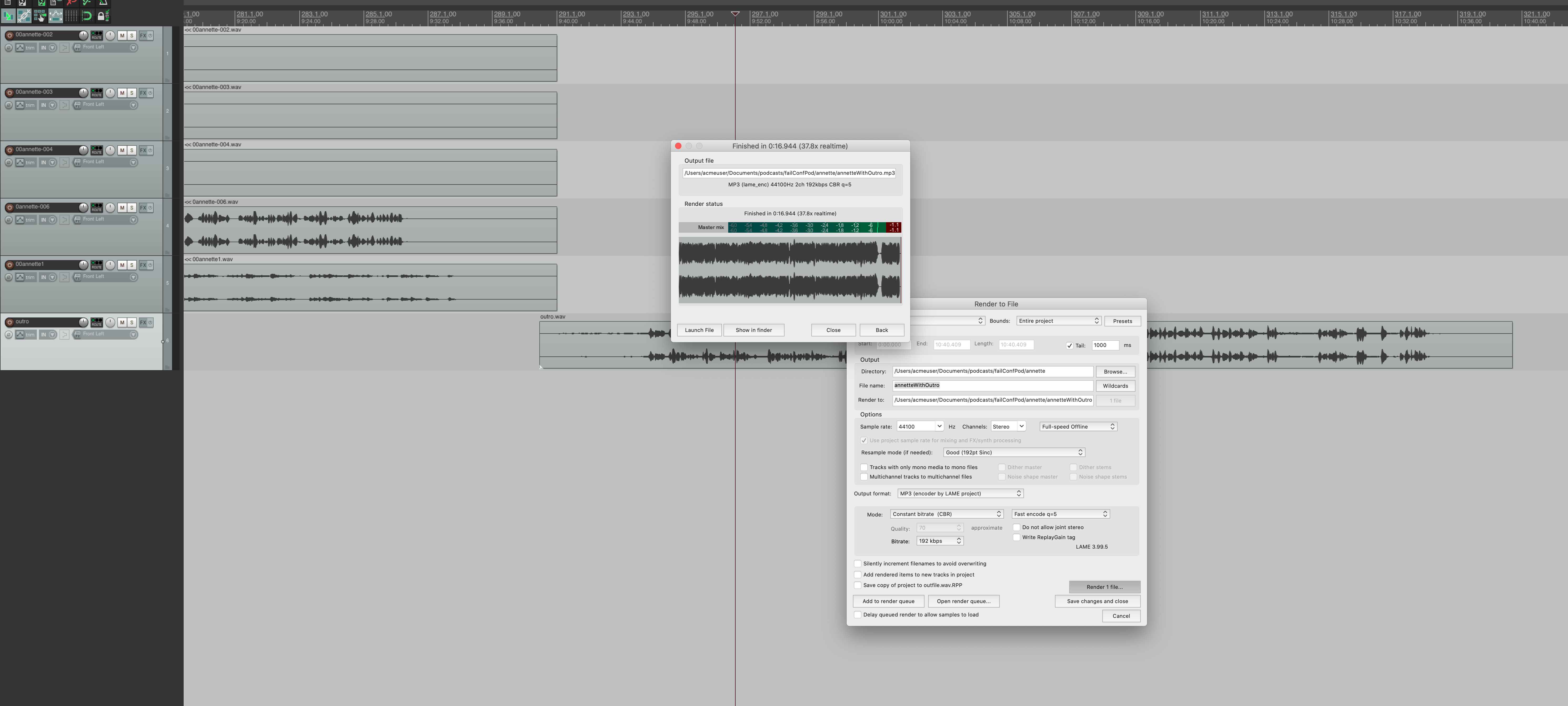
Audio Production
Hands-on trainings on all things podcast production, ranging from how to record an interview to how to cut tape in such a way as to reveal its most pivotal moments, so participants will have all the skills they need to tell their own mathematical stories.
Part 2: The Podcast
After the workshop, the storytellers will have the chance to tell their own story and release it as an episode of Relatively Prime.
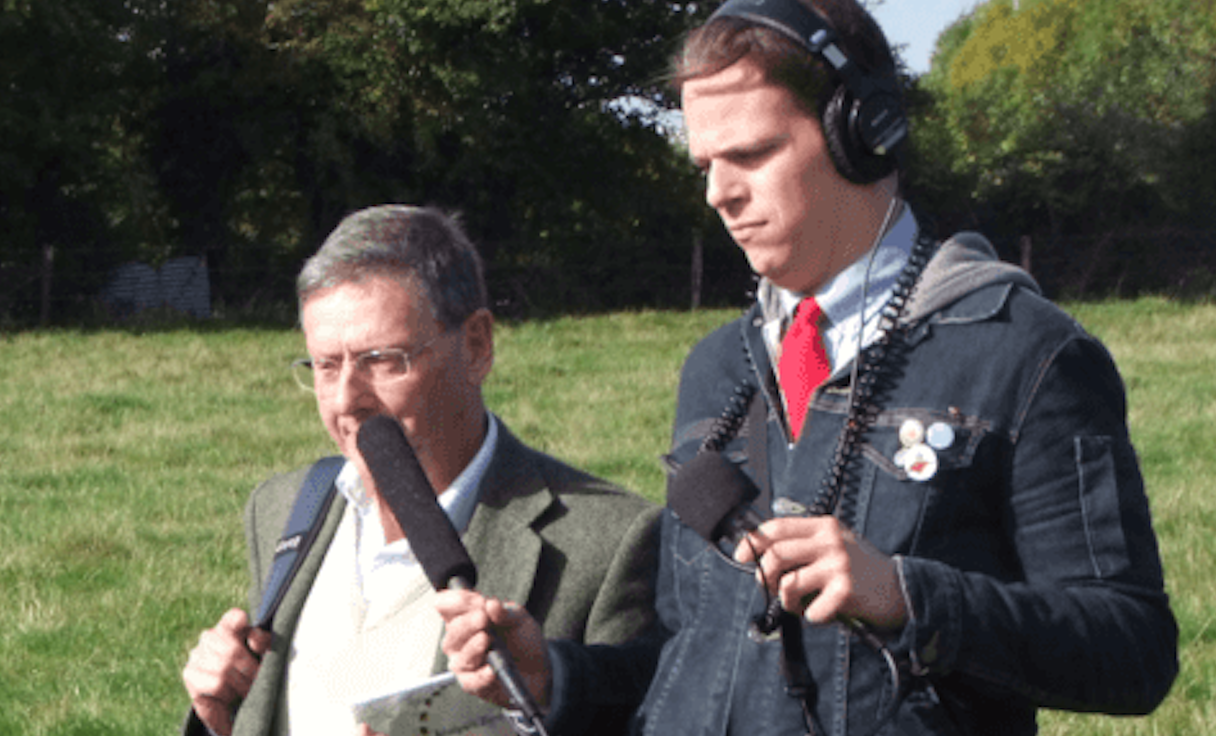
Preparing their stories
Participants will research, pitch, and go out into the world to report their own stories.

Production
They will work one on one with Sam Hansen to produce, edit, and sound design their stories.
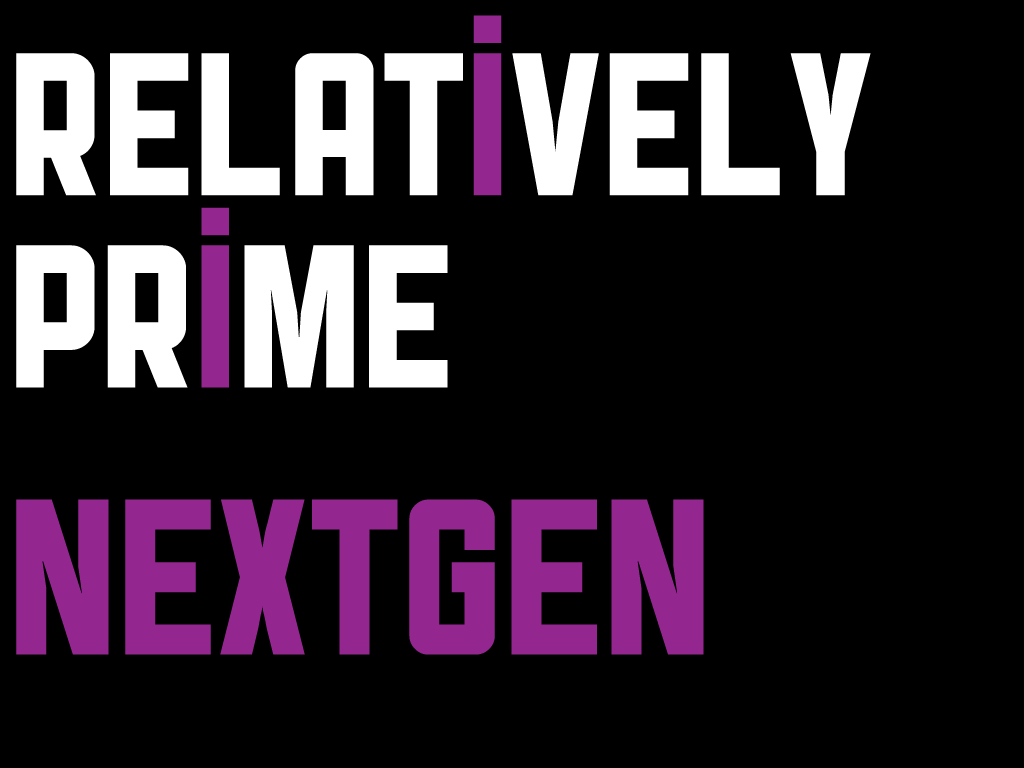
Release
Each story will be released as an episode of the award-winning mathematics podcast Relatively Prime: Stories from the Mathematical Domain.
Outcomes and Impact
Our planned outcomes for Relatively Prime: Next Generation Storytellers are:
- An increase in participants confidence in telling narrative mathematical stories
- An increase in participants confidence in communicating mathematics to a general audience
- An increase in the number of mathematical stories will be available to the public
We expect the impact of more mathematical stories to be:
- An increase in representation across marginalized identities in mathematical stories
- An increase in sense of belonging in mathematics among non-mathematicians
- An increase in sense of belonging in mathematics across marginalized identities as they are able to see themselves in mathematics through story
Funding
Relatively Prime: Next Generation Storytellers was developed as a part of the STEM Advocacy Institutes Fellowship program, which provided initial seed funding for this development. In order to implement the program, we are actively looking for more funding and partner organizations. If you or your organization is interested in helping mathematicians tell more stories, you can contact us anytime.
Program Director
